The Russian Committee for the Return of the Parthenon Marbles is a members of the IARPS and their President, Irina Korobina, presents their committee's new video entitled "Battle for the Parthenon Marbles". To watch it, please follow the link here.
Below the text that forms part of this video with the presentation made by Irina Korobina.The presentation is in Russian with English subtitles and Irina has kindly supplied us with the English text for the article below.
Lord Byron: The Pilgrimage of Childe Harold
XI.
But who, of all the plunderers of yon Fane
On high—where Pallas linger'd, loth to flee
The latest relic of her ancient reign—
The last, the worst, dull spoiler, who was he?
Blush, Caledonia! such thy son could be!
England! I joy no child he was of thine:
Thy free-born men should spare what once was free;
Yet they could violate each saddening shrine,
And bear these altars o'er the long-reluctant brine.
The act of Lord Elgin caused outrage and condemnation from the very beginning. Lord Byron, a fellow countryman of Lord Elgin, in his poem the Pilgrimage of Childe Harold, frankly called Elgin's act theft and barbarism. It is often suggested that Elgin's goal was to save and preserve the Parthenon sculptures. However, in one of the archives there is a letter in which Lord Elgin boastfully writes: "I have taken out of Greece as many antique values as Napoleon never dreamed of."
I don't think we care about his motivations today, or whether he was a saviour or a robber. It is important for us that the Parthenon, which is for all humankind a symbol of harmony, a symbol of the architectural, artistic and living environment that all humankind throughout history recognizes as the ideal that gave rise to classical art, this symbol has been desecrated and violated. Its most valuable fragments, without which it is impossible to preserve the harmony of integrity, were broken out and taken to another country, where they are still located. Half of the Parthenon's marble sculptures are in the British Museum, in London, and smaller fragments have spread all over the world. And all progressive humanity declares: they must be returned to their native place! Fragments of the Parthenon must be returned to Athens!
The debate about whether Lord Elgin's act was a saviour's mission or barbarism began in British society during his last expedition to Greece, and this debate continues till now.
Back in the 80's of the last century, the famous Greek singer and Minister of Culture Melina Mercuri officially announced the policy of "insistent return" of the marble sculptures to the Parthenon. In November 2005 the IARPS (International Association for the Reunification of the Par-thenon Sculptures) was created. Today it includes 21 countries, including a very active British Committee. Their appeals have been made since 1983, with statements, petitions and articles requesting the return of the Parthenon's treasures. In particular, there is also a Russian Committee, which I agreed to become President of because for us, who were students of the Moscow Architectural Institute, the Parthenon and the culture of Ancient Greece are the 'cradle of world culture', including the Russian architectural culture. Russian Classicism and Neoclassicism, the highest examples of Russian architecture of the 18th, 19th and early 20th century, would not have been possible without the Parthenon.
International committees of the IARPS are actively campaigning for the return of the sculptures - they conduct educational work, organize lectures, exhibitions, but most importantly, they express the position of the cultural community of their countries. It is clear that today the return of the Parthenon's sculptures may not be the main concern of Russians who are going through economic and other crisis. But this is just a first glance. In the culture of different countries, in architecture and art, sometimes incredible phenomena occur. Something that becomes important for all humankind. And it is naive to think that these masterpieces belong only to one country. They belong to the world - all of humanity is interested in ensuring that these 'Points of Power' that inspire everyone are preserved as closely to how they are best understood. And it is immoral, even criminal, to keep them divided... to destroy them, to break out pieces of them, to take them somewhere, to build new temples for them in other countries... this is a manifestation of barbarism and lack of elementary culture, which are is wrapped with beautiful words about salvation, preservation, etc.
The argument on the part of the British, who for many years have categorically refused all Greek requests, is precisely that they care for and preserver world heritage… They have a large scientific and custodial culture, they have a mission to be saviours of other countries heritage and culture. But in 2009 there was an important development - the Acropolis Museum was opened, which was designed by Bernard Tschumi and was the result of 4 international architectural competitions. The world recognition of this Museum is ranked 8th in the top ten museums* in the world, which shows that not only Britain has great specialists and scientists, not only Britain can preserve the treasures of world heritage.
The architectural composition of the Acropolis Museum is unique. The space itself develops vertically and symbolizes the ascent of the Acropolis mountain, which is crowned by the Parthenon. And the composition is such that the highest level exhibits the friezes, metopes and pediments of the Parthenon. Those parts that are still in the British Museum have been replaced in the Acropolis Museum with plaster copies.
In the 21st century, the display of sculptural treasures has acquired a Museum format, it is important that this is the Acropolis Museum. But the removal of fragments of the Parthenon to other museums is unacceptable - the sculptures are taken out of context and deprived of their natural environment. This is an opinion that I share. It was expressed by historian, academics and more - the display of fragments from the Parthenon in the British Museum, humiliates them. They should be illuminated by the Acropolis. And the Acropolis Museum is the optimal place for them - it belongs to the Acropolis, forming a single whole with it. And there are all the conditions for perfect conservation. All conditions have been created at the highest level to ensure the safety of the priceless sculpture, which British colleagues and professional Museum workers around the world are happy about. If the British Museum delays the return of these great treasures, it will gain a reputation as a provincial, colonial, and regressive Museum.
I think that Parthenon problem has dragged on for a century, not only because Britain does not want to return the unique values that attract crowds of people from all over the world to the British Museum. Obviously, there is a great many museums, many collections, and many countries that will make claims against each other. This fear is understandable. We in Russia have been discussing the Shchukin collection for many years... Professional museum workers are generally very careful about this issue. Throughout history, all the painful problems evolve. When we are too scarred to touch them - because an explosion may occur. I believe that we need to resolve this. I think that vicious and criminal decisions, as well as serious mistakes, must be corrected. And I believe that this will happen in future, because a culture was built on mistakes is like colossus on clay feet, which sooner or later will collapse. And it is better not to bring it to this collapse!
* ranking as 8th on the list of the 2017 Travelers’ Choice Awards for Museums, recently released by travel planning and booking site TripAdvisor, in 2018 the Acropolis Museum ranked 6th

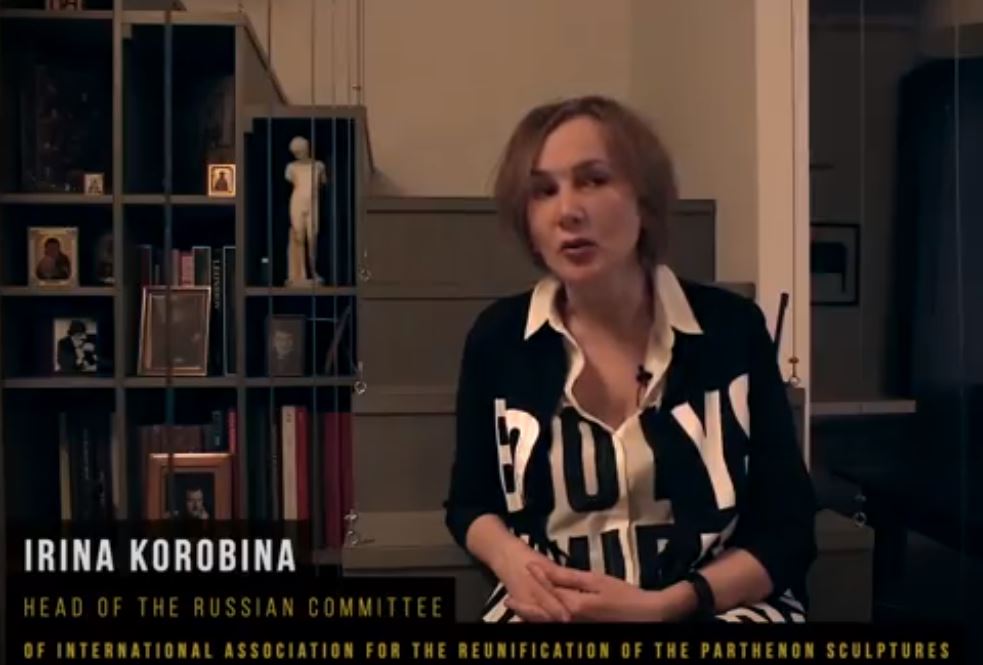
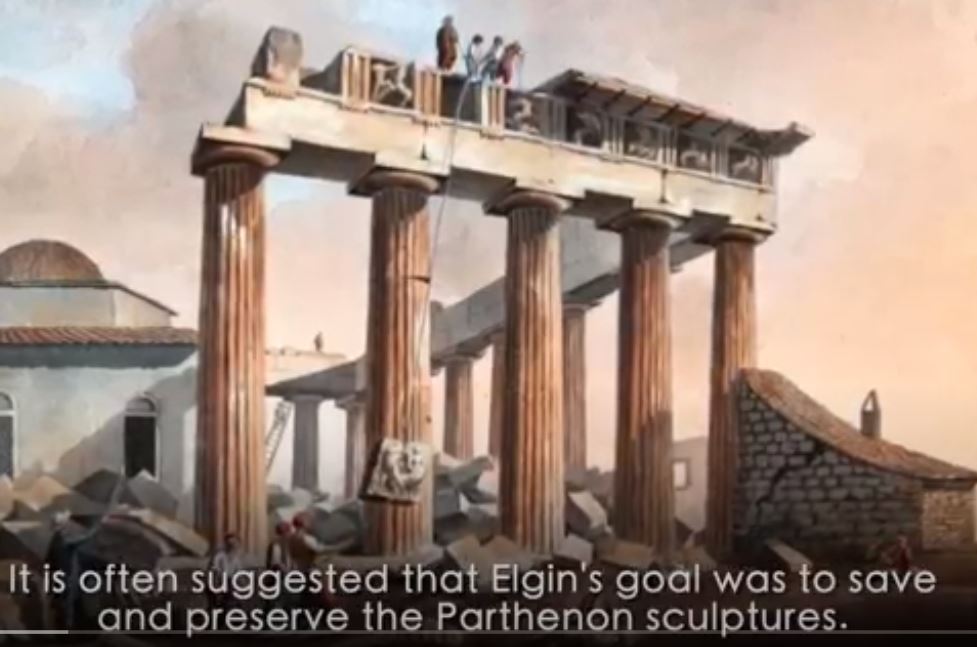
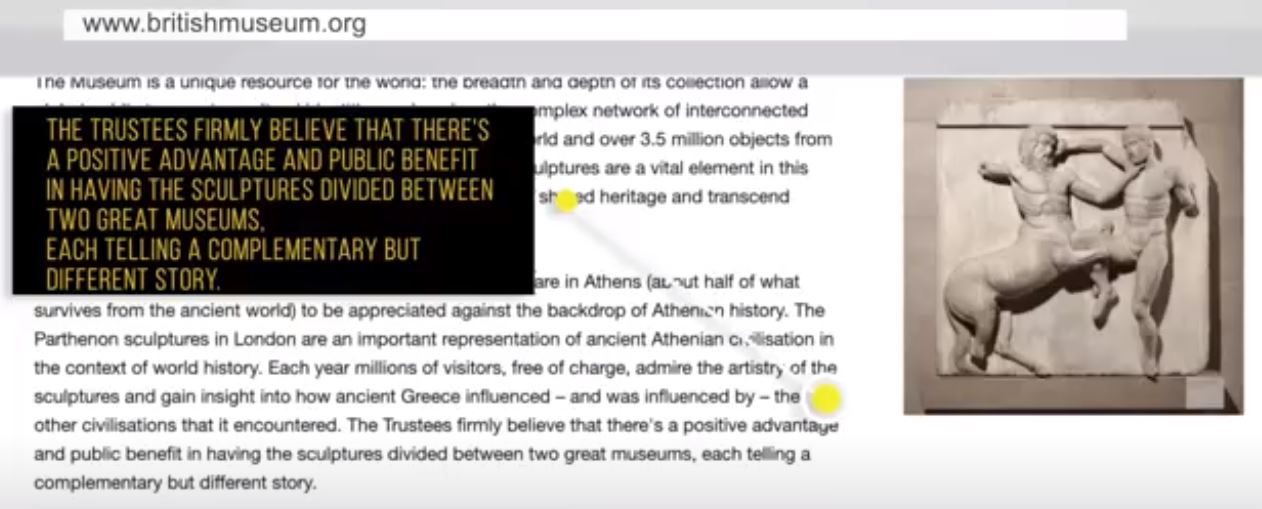
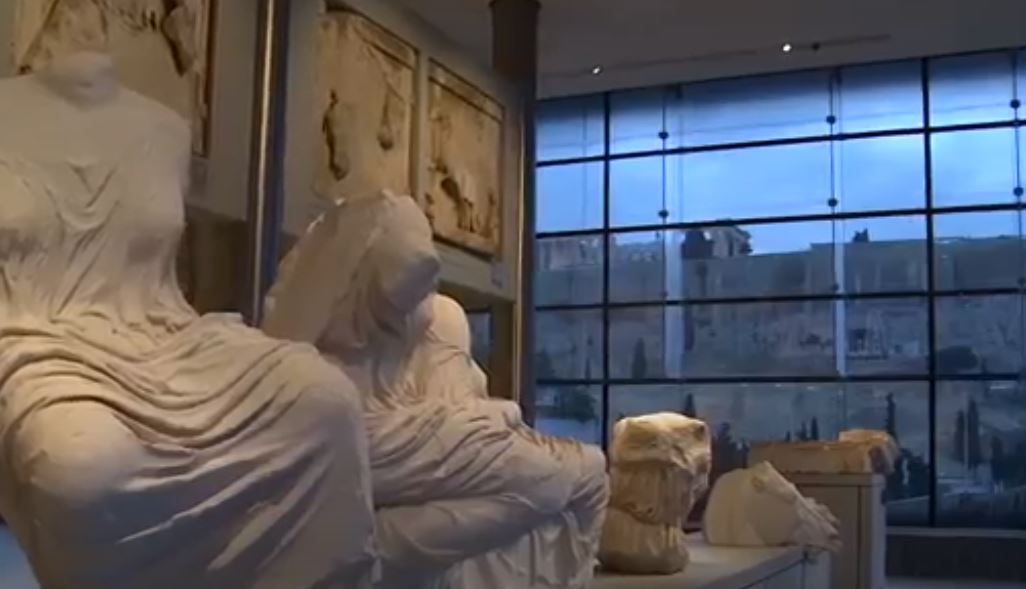
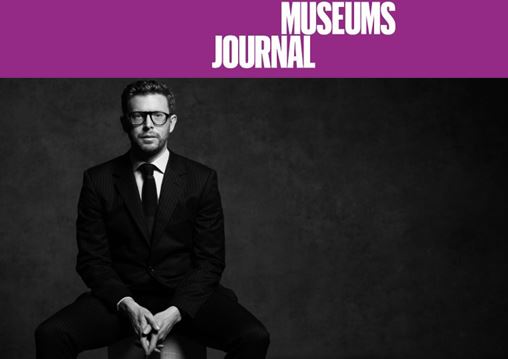
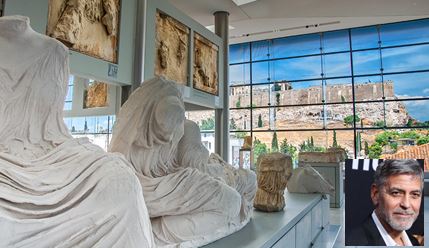
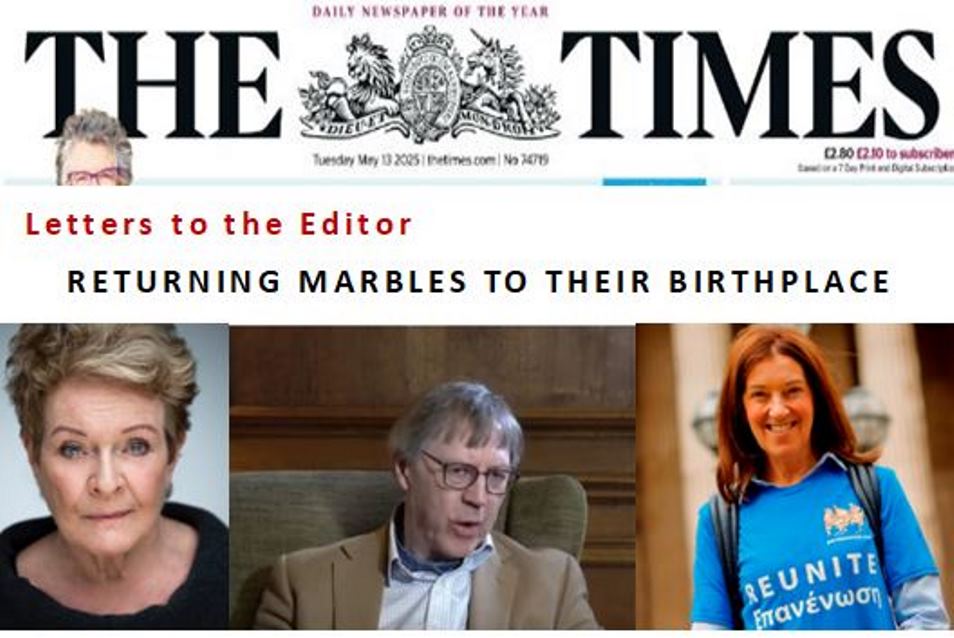

Comments powered by CComment